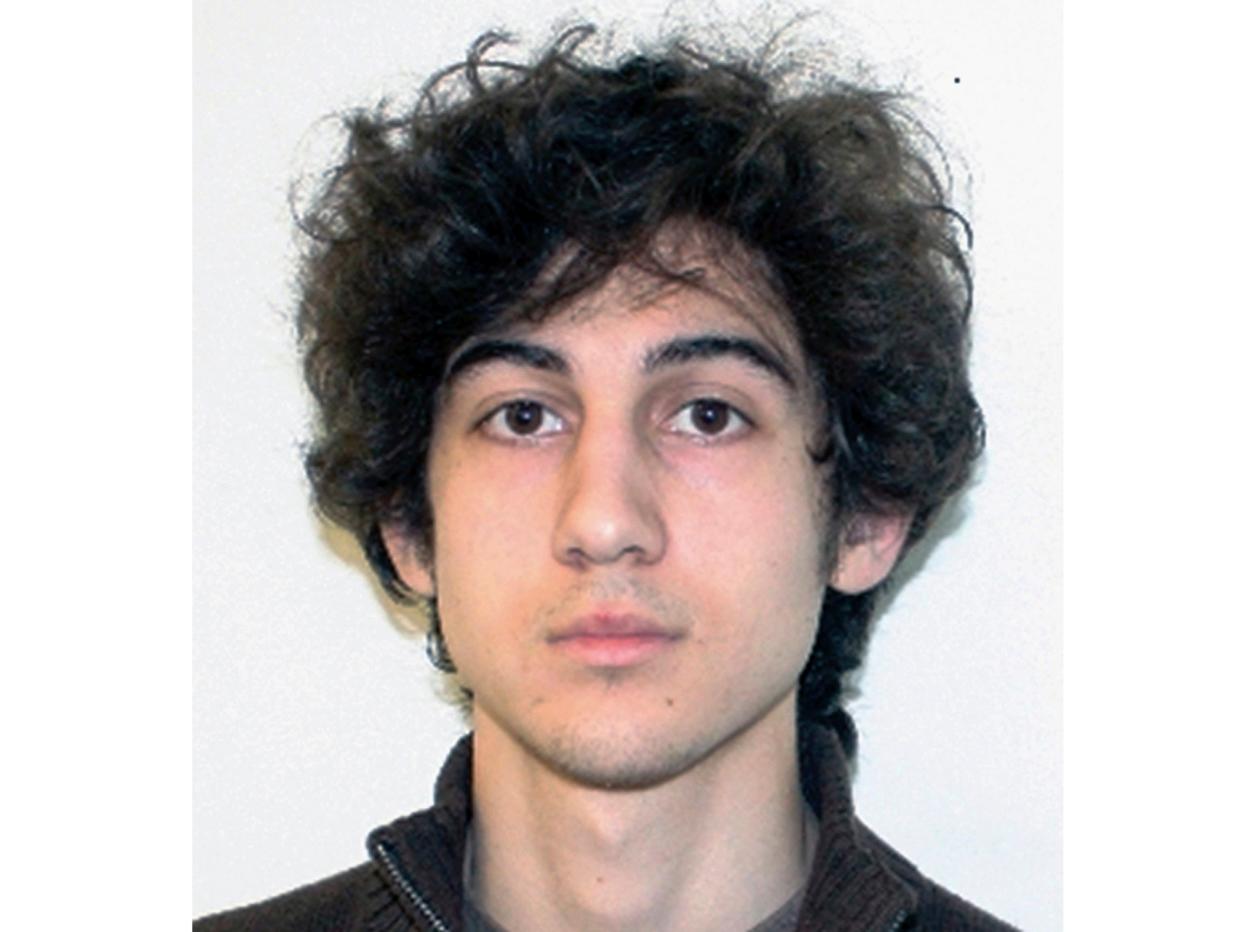Supreme Court asked to review Boston bomber case

The US Justice Department has asked the Supreme Court to review the case of Boston Marathon bomber Dzhokhar Tsarnaev, whose death sentence was dismissed earlier this year.
Tsarnaev, 27, was sentenced to death in 2015 after he was convicted of 30 charges relating to the bombing in 2013, but the verdict was overturned by the 1st US Circuit Court of Appeals in July 2020 over concerns with the jury selection process.
The three-judge panel on the court argued that the judge in Tsarnaev’s 2015 trial did not properly vet members of the jury over what they already knew about the highly publicised case.
In a petition filed with the nation’s highest court on Tuesday, the department asked for the case to be reviewed, and called Tsarnaev’s conviction, “one of the most important terrorism prosecutions in our nation´s history,” according to the Associated Press.
The department claimed that the appeals court should not have ruled that Tsarnaev needed a new trial to determine whether he should receive the death penalty.
In the petition, acting solicitor general Jeffrey Wall, alongside other lawyers, told the Supreme court: “Given the profound stakes...the First Circuit should not have the last word.”
They added that the Supreme Court should “put this landmark case back on track toward its just conclusion.”
Prosecutors are asking the court to hear the case by June 2021, when the current term ends, “to avoid further delay in this long-running and critically important prosecution.”
The AP reported that if the Supreme Court justices refuse to hear the case, then the prosecutors could stop pursuing capital punishment for Tsarnaev, and instead agree to life in prison. The alternative for the prosecutors is to take the case to trial again.
At the beginning of his trial, Tsarnaev’s lawyers admitted that he and his brother Tamerlan Tsarnaev set off two bombs at the finish line of the Boston Marathon in 2013, which killed three people and wounded 260 more.
However, his lawyers argued that the 27-year-old was less culpable than his older brother, who they said was the mastermind behind the attack.
Tamerlan Tsarnaev, 26, died following a gunfight with police shortly after the bombing, while his brother was arrested by police and subsequently convicted of the 30 charges made against him.
The charges included, using and conspiring to use a weapon of mass destruction resulting in death, and malicious destruction of properties resulting in death. All but a few of the 30 charges were upheld in appeals court.
Defence attorney David Patton declined to comment to the AP on Wednesday, but previously called the decision to overturn the death penalty as “straightforward and fair.”
He added that the prosecutors need to decide “whether to put the victims and Boston through a second trial, or to allow closure to this terrible tragedy by permitting a sentence of life without the possibility of release.”
In August, US attorney general William Barr told the AP that the department planned to take the case to the Supreme Court and would continue to “pursue the death penalty.”
He added: “We will do whatever´s necessary.”
Read more
Boston bombing trial: Victims give emotional statements to Dzhokhar
Father of 8-year-old killed in Boston Bombing tells how he had to

